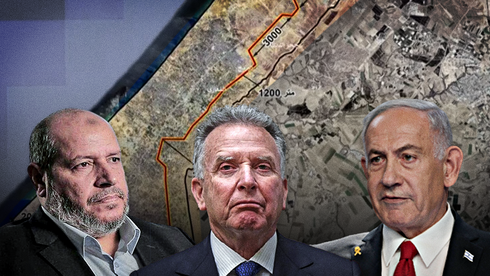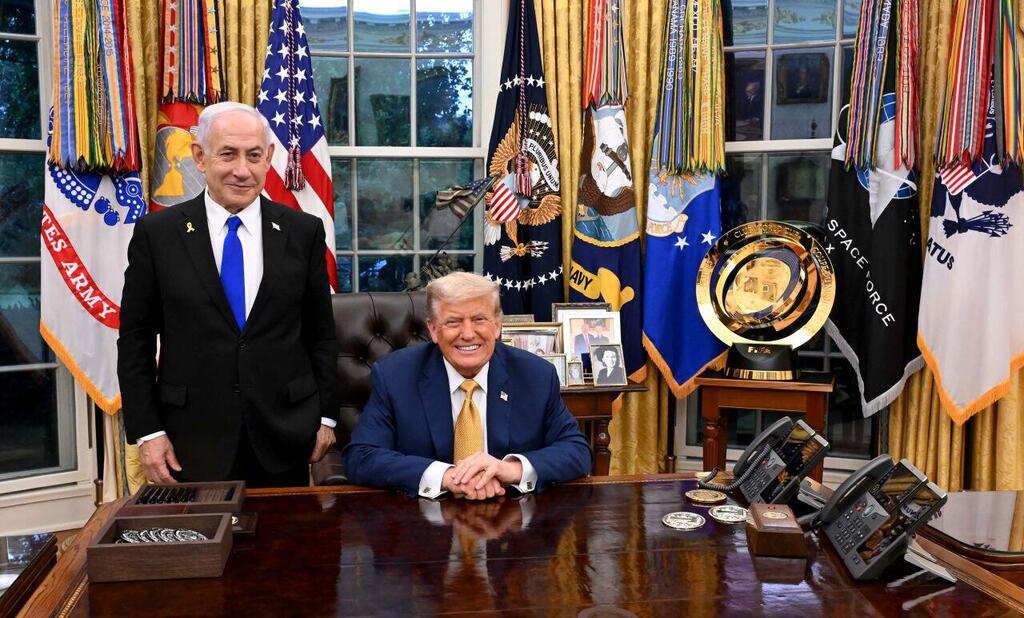Hostage deal negotiations between Israel and Hamas remain stalled amid a dispute over Israel’s proposed military redeployment map, which was revealed Friday by Al Jazeera.
According to the Qatari network, the map was presented by the Israeli delegation during ongoing talks in Doha and is seen by some sources as laying the groundwork for a long-term displacement plan in Gaza.
Al Jazeera reported that the map maintains full Israeli control over the city of Rafah and outlines a buffer zone extending up to three kilometers deep along the Gaza-Egypt border. The proposal, according to the network, would annex approximately 40% of the Gaza Strip, prevent around 700,000 displaced Palestinians from returning to their homes and concentrate them instead in displacement centers in Rafah.
Witkoff’s upcoming visit to the Qatari capital is reportedly contingent on reaching preliminary understandings on these key issues. His presence is expected to address the deadlock surrounding the proposed Israeli map, which remains one of the most contentious points in the negotiation.
Modern-day concentration camp
Israel is insisting on keeping IDF forces stationed along the Morag Corridor, which separates Khan Younis from Rafah, as a way to maintain control over the Rafah area, where Israeli officials hope to establish a “humanitarian city” for displaced Palestinians.
Israeli and Western officials told The New York Times they had been briefed on the concept, but so far, there are no signs of its implementation. The report also noted that critics of Israel have likened the idea of a “humanitarian city” to a “modern-day concentration camp,” where residents would be confined and barred from returning to northern Gaza.
In Doha, negotiators continue to await the arrival of Witkoff, who is expected to personally oversee the indirect proximity talks between Israel and Hamas, with Qatari mediators shuttling messages between the delegations. His visit was reportedly delayed earlier this week—an indication of difficulties in the negotiations—and it remains unclear when he will travel to Qatar.
Meanwhile, U.S. Secretary of State Marco Rubio said during a visit to Malaysia that the sides are “closer” to a deal, though disagreements remain.
Prime Minister Benjamin Netanyahu returned to Israel on Thursday after a four-day visit to the United States, during which he held two meetings at the White House with President Donald Trump. The talks focused on a potential hostage deal and a Gaza ceasefire.
While early in the visit, both U.S. and Israeli officials expressed cautious optimism that an agreement could be reached soon—possibly by the weekend—hopes have since cooled. One senior Israeli official told CBS News on Wednesday that a deal could still be as much as 20 days away.
Nevertheless, Netanyahu sounded more optimistic in an interview with Newsmax, published Thursday, saying he hoped a hostage deal could be completed within “days.”


